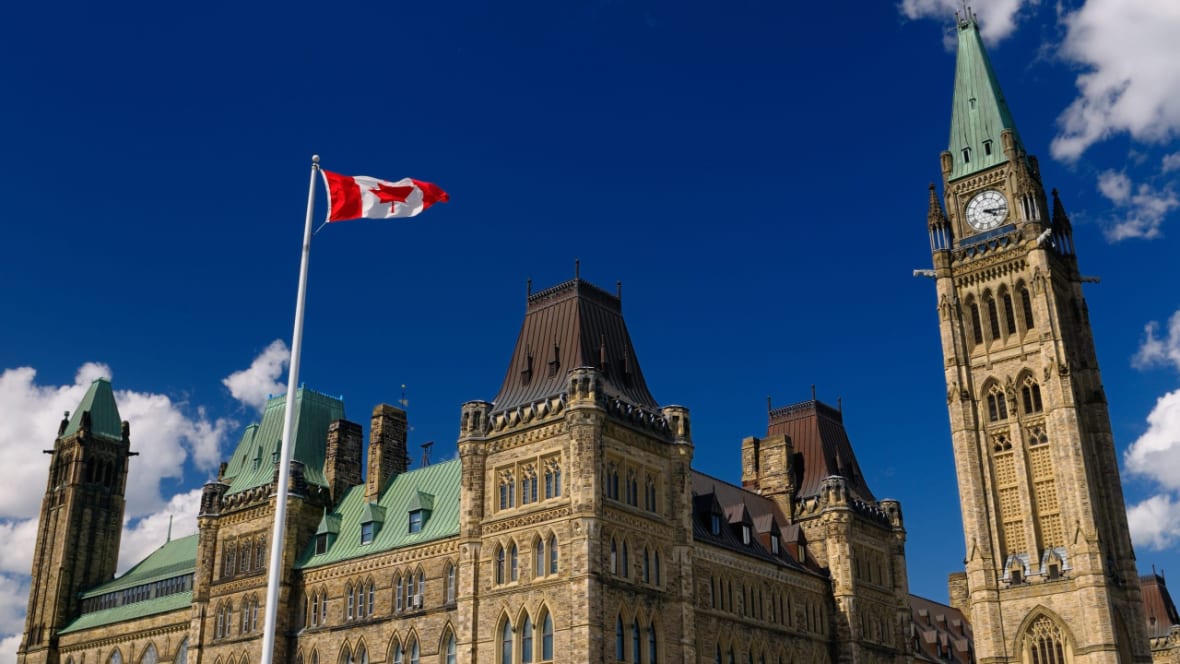English-speaking Black people in Quebec have worse mental health than Black francophones
Nearly 60% of the Black individuals who spoke English or French reported encountering racial discrimination.
Black anglophones, or English-speaking people, residing in Quebec, experience more barriers to accessing mental health care than their Black French-speaking counterparts.
According to McGill’s Newsroom, Black Community Resource Centre helped the Department of Psychology at McGill University researchers survey 531 Black adults currently residing in Quebec — where French is the dominant language — about their experiences as a racial and linguistic minority.
The results — published in the Journal of Racial and Ethnic Health Disparities — showed that Black, English-speaking people experience higher levels of discrimination and generally have worse mental health than their Black, French-speaking counterparts.

Nearly 60% of the Black individuals who spoke English or French reported encountering racial discrimination. But compared to the roughly 7% of the Black francophone participants, more than 25% of Black English-speaking participants reported experiencing linguistic prejudice.
“The results of this research project helped us get an understanding of how these multiplied minoritized identities affected the health of [the] English-speaking Black community,” said lead author and Ph.D. student Nmesoma Umenwofor-Nweze. “It is imperative to understand this relationship to build better services for communities that are marginalized on multiple fronts.”
Meanwhile, in the United States — for example — to the extent that economic well-being can be tied to discrimination and mental health concerns, Black people or African Americans who live below the poverty line, according to the U.S. Department of Health and Human Resources Office of Minority Health, are more than twice as likely to admit to “serious psychological distress” than individuals “over twice the poverty level.”
In a unique study (2004) on the prevalence of depression and the likelihood of accessing mental health services in the United States and Canada, the National Institutes of Health’s (NIH) National Library of Medicine found that the rates of depression in the two countries were comparable at 8.2% and 8.7%, respectively. However, Americans without health insurance were twice as likely to fulfill the diagnostic criteria for depression as Americans and Canadians with health insurance.
Canada and the United States also had similar rates of mental health care use. Americans without medical insurance were less likely than Canadians and Americans with medical insurance — both at 55.7% — to report using any form of mental health services when they were depressed.
Furthermore, whereas Americans without health insurance did not experience this correlation, data showed that Canadians needing mental health services use them more frequently.
The National Library of Medicine concluded that access to healthcare for those with mental illnesses has to be improved in both countries.
Similarly, as it regards the Black residents of Quebec, the McGill researchers conclude in the abstract published in the health disparities journal, “Our study adds to the sparse race-based and intersectional literature about Black people in Canada and substantiates a mechanism by which language affects mental health by exposing Black Quebecers to more discrimination and thus higher barriers to care.”
TheGrio is FREE on your TV via Apple TV, Amazon Fire, Roku and Android TV. Also, please download theGrio mobile apps today!


